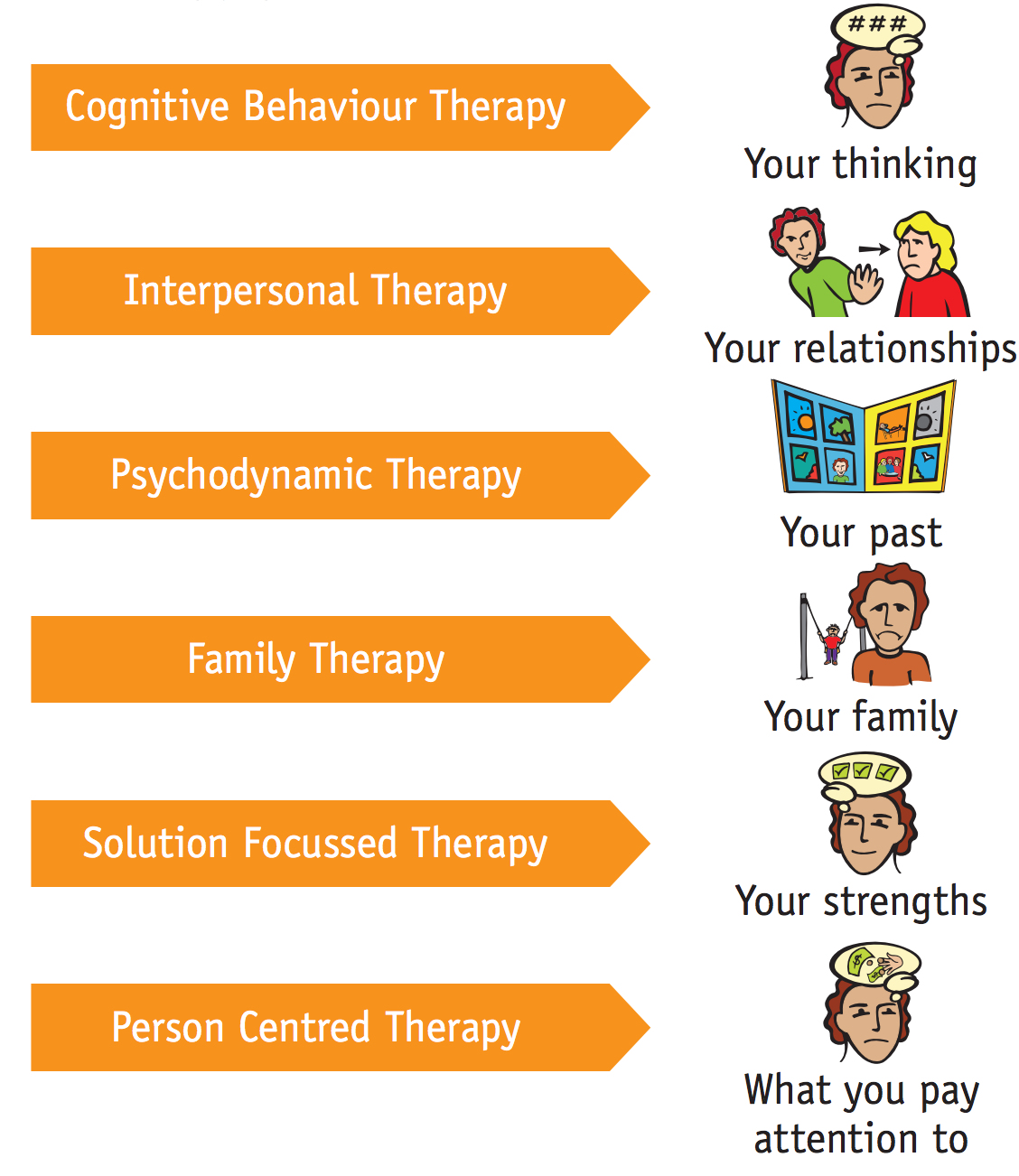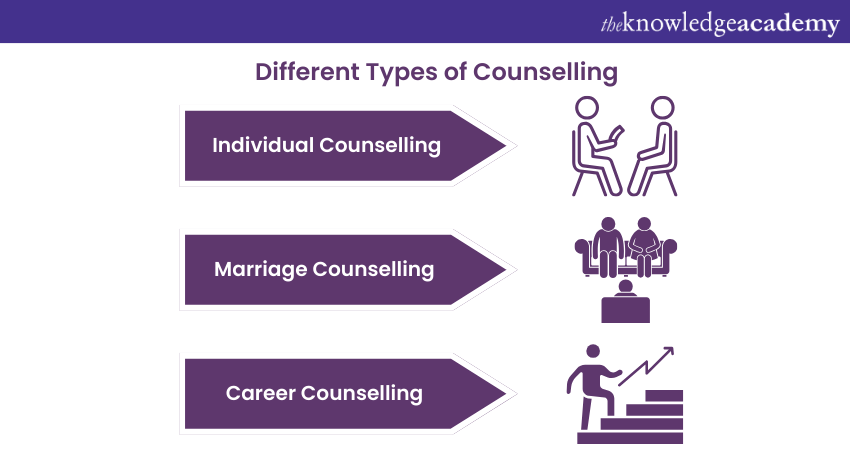Exploring the Benefits of Virtual Therapy in Modern Mental Healthcare
The increase of virtual therapy notes a considerable change in mental healthcare. It uses boosted accessibility, allowing individuals from varied histories to look for assistance without geographical constraints. Versatility in scheduling accommodates differing way of livings, while the convenience of home can cultivate visibility. Nonetheless, the implications of these modifications prolong past simple benefit. The evolving landscape of therapy elevates essential concerns concerning its lasting effects on individual involvement and treatment end results.
Improved Availability for All
Traditional therapy typically provides obstacles such as geographical place and scheduling conflicts, virtual therapy significantly improves ease of access for individuals looking for mental wellness support. By removing the demand for physical traveling, virtual therapy allows customers from remote locations or those with movement challenges to link with certified professionals. This setting of therapy can get to underserved populations who might do not have local mental wellness resources, consequently addressing variations in accessibility to care. Additionally, virtual platforms can satisfy varied needs, providing solutions in numerous languages and accommodating various social backgrounds. Clients can involve with a more comprehensive variety of experts, giving them with choices that straighten with their particular requirements and preferences. This increased access cultivates a much more comprehensive environment, allowing individuals to look for help without the preconception typically connected with in-person visits. Generally, virtual therapy represents a substantial improvement in making mental healthcare much more available to all.
Versatility in Scheduling Sessions

As virtual therapy remains to obtain traction, its intrinsic adaptability in scheduling sessions shows to be a substantial advantage for numerous individuals. Unlike standard in-person therapy, virtual therapy permits clients to pick session times that best fit their individual and expert commitments. This adaptability suits those with requiring work timetables, household obligations, or various other commitments that can make going to physical consultations challenging.
Clients can quickly reschedule or readjust their sessions as needed, lowering the stress and anxiety connected with inflexible appointment systems. The availability of numerous time slots throughout the week, including nights and weekends, additionally boosts ease of access. This flexibility not only encourages consistency present but also cultivates a greater commitment to the restorative process. Inevitably, the flexibility in scheduling sessions represents a transformative change in psychological health and wellness treatment, encouraging people to prioritize their health without compromising other facets of their lives.
Comfort of a Familiar Atmosphere
The convenience of an acquainted atmosphere significantly boosts the performance of virtual therapy for several clients. Involving in therapy from the safety of their own homes enables individuals to really feel more comfortable, reducing stress and anxiety that might come with traditional in-person sessions. This familiarity can help with open interaction, making it possible for clients to reveal their thoughts and feelings extra easily.
In addition, the presence of individual products and the capability to control their surroundings can add to a sense of security and leisure. Clients commonly report that being in a comfortable space permits them to concentrate a lot more on the restorative procedure instead of the establishing itself.
In addition, the casual nature of virtual sessions can assist dissolve obstacles that may exist in a conventional office atmosphere, cultivating a deeper link with specialists. Generally, the convenience of familiar environments plays a crucial function in boosting the restorative experience and efficiency for numerous people seeking psychological health support.
Wider Series Of Therapeutic Alternatives
A wider series of therapeutic options appears with virtual therapy, allowing clients to accessibility various modalities that may not be viable in traditional setups. This versatility makes it possible for individuals to discover varied approaches such as cognitive-behavioral therapy, mindfulness practices, art therapy, and even specialized interventions like trauma-informed care or dialectical behavior modification.
Clients can choose from a more comprehensive spectrum of therapists, consisting of those who specialize in specific niche areas or certain populaces, enhancing the chance of discovering an ideal suit. Virtual systems commonly offer accessibility to team therapy sessions, assistance neighborhoods, and workshops that may be geographically unavailable or else.
This selection encourages customers to participate in their healing procedure according to their unique preferences and needs, potentially raising inspiration and dedication to treatment. Because of this, the landscape of psychological healthcare comes to be more inclusive and versatile, accommodating a bigger array of individual experiences and difficulties.
Decreased Stigma Surrounding Therapy
Accessing therapy with virtual systems adds to a substantial reduction in the preconception traditionally connected with mental wellness care. By offering a very discreet and exclusive setting, virtual therapy permits individuals to look for help without the worry of being evaluated or recognized. This privacy allures to those that may or else be reluctant to go after in-person therapy due to societal assumptions surrounding mental health and wellness.
Additionally, as the frequency of virtual therapy boosts, it normalizes the conversation around psychological health, making it a more appropriate component of daily life. People commonly really feel a lot more comfy reviewing their experiences on the internet, promoting visibility and minimizing feelings of isolation. The access of these solutions additionally urges a more comprehensive demographic to involve with mental health and wellness resources, promoting a culture of support rather than shame. Eventually, the surge of virtual therapy plays an important function in improving attitudes in the direction of seeking aid, adding to a much more accepting culture regarding psychological health challenges.
Cost-Effectiveness and Affordability

Minimized Session Expenses
Lots of individuals looking for mental health and wellness assistance locate that virtual therapy significantly minimizes session costs compared to standard in-person options. The removal of traveling expenditures and pause job commonly contributes to overall financial savings. Furthermore, several virtual therapists offer affordable prices as a result of reduced overhead prices related to maintaining a physical workplace. This shift in expense permits clients to accessibility quality mental wellness solutions without the economic stress that may feature traditional therapy. For lots of, this affordability allows a lot more constant sessions, which can boost treatment results. As an outcome, virtual therapy not just equalizes access to psychological healthcare however also supplies a sustainable monetary design that aligns with clients' budgets, making mental wellness assistance much more achievable for a broader audience.
Increased Accessibility Options
While standard therapy usually provides logistical obstacles, virtual therapy substantially expands access choices for people seeking mental healthcare. By getting rid of the demand for travel and enabling versatile scheduling, virtual therapy accommodates varied way of lives and commitments. This ease of access is especially advantageous for those in remote locations or with flexibility challenges. In addition, the cost-effectiveness of virtual therapy reduces monetary pressure, making mental wellness solutions much more reachable. Several platforms use tiered pricing or moving scale costs, advertising cost. Insurance provider progressively identify virtual therapy, more enhancing its monetary access. On the whole, virtual therapy not just broadens the extent of who can get treatment however also addresses economic barriers, making psychological wellness support a lot more inclusive and virtual therapy attainable for all.
Enhanced Connection of Treatment
Improved connection of treatment becomes a significant advantage of virtual therapy in modern-day mental healthcare. This method allows people to maintain constant communication with their specialists, no matter geographical barriers or scheduling conflicts. virtual therapy. The versatility of virtual sessions fosters regular check-ins, which are necessary for monitoring development and adjusting therapy prepares as required
Additionally, digital wellness records and telehealth platforms facilitate seamless information sharing amongst care providers. This interconnectedness guarantees that all specialists entailed in an individual's care are updated on treatment developments, bring about more coordinated and efficient treatments.
Patients typically experience minimized anxiety and enhanced interaction as a result of the benefit of accessing therapy from acquainted atmospheres. Such access boosts adherence to treatment programs, eventually boosting results - relationship therapy. To sum up, virtual therapy not just bridges spaces in psychological health and wellness services yet also strengthens the connection of treatment, a vital part of effective therapeutic connections
Often Asked Concerns
Exactly How Does Virtual Therapy Make Sure Privacy and Personal Privacy for Customers?
The present question addresses the measures virtual therapy utilizes to secure client discretion. Making use of encrypted platforms, secure logins, and compliance with guidelines like HIPAA, virtual therapy assurances that delicate info continues to be exclusive and unattainable to unapproved individuals.
Can I Switch Over Therapists Easily in Virtual Therapy?
Switching over therapists in virtual therapy is normally simple. Clients can connect their wish for an adjustment through the system, permitting adaptability in locating a better suit without the logistical difficulties of in-person visits.
What Innovation Do I Required for Virtual Therapy Procedure?
To take part in virtual therapy sessions, an individual normally needs a dependable web connection, a computer or smartphone with a camera and microphone, and accessibility to a protected video conferencing system specified by their therapist.

Are Virtual Therapy Procedure as Effective as In-Person Sessions?
Current researches suggest that virtual therapy sessions can be just as efficient as in-person sessions, relying on the person's preferences and situations. Variables such as comfort and accessibility might enhance the total healing experience for some clients.
What Should I Do if I Experience Technical Issues Throughout a Session?
If technical issues arise throughout a session, one should comfortably communicate the problem to the specialist, attempt to reconnect, or button to a backup approach. Patience and adaptability are crucial in handling these disruptions.